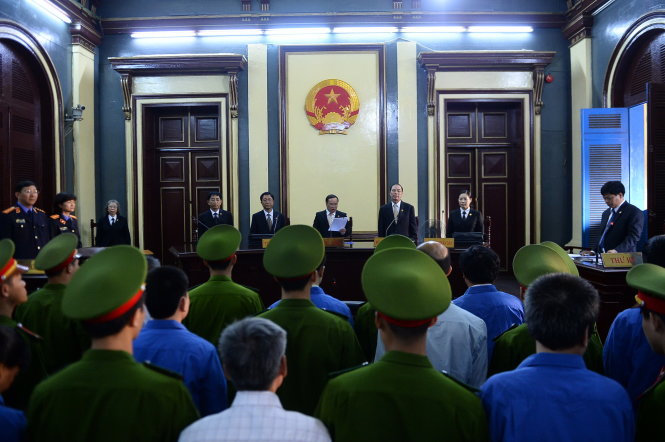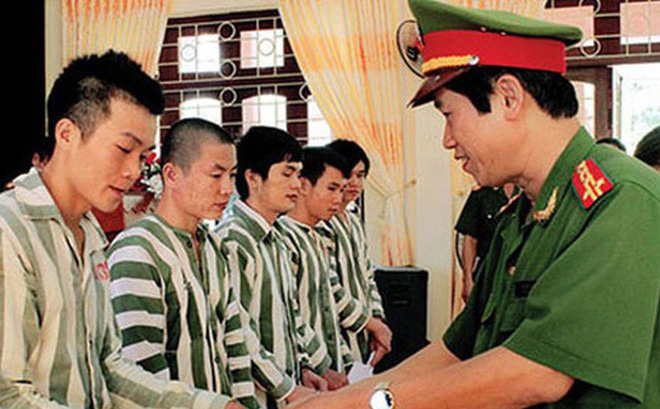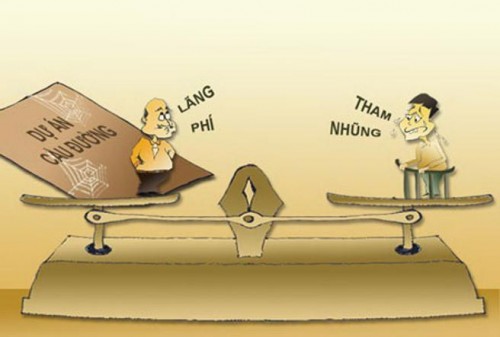Instead of having the Supreme People’s Court; Courts of provinces and centrally run cities; Courts of rural districts, urban districts, towns, provincial cities and the equivalent and Military courts as current regulations, from June, 2015, the people’s courts system add more Superior people’s courts. This is the new content of the Law No. 62/2014/QH13 on Organization of People’s Courts passed by the National Assembly and takes effect on June 01, 2015.
Superior people’s courts have the duties to conduct appellate trial of cases in which first-instance judgments or decisions of people’s courts of provinces or centrally run cities within their territorial jurisdiction which have not yet taken legal effect are appealed or protested against in accordance with the procedural law.
The organizational structure of a superior people’s court consists of the judicial committee; the criminal, civil, administrative, economic, labor, family and juvenile tribunals; in case of necessity, the National Assembly
Standing Committee shall decide to establish another specialized tribunal at the proposal of the Chief Justice of the Supreme People’s Court and the assisting apparatus. A superior people’s court has its chief justice, deputy chief justices, presidents and vice presidents of tribunals, judges, examiners, court clerks, other civil servants and employees.
Besides, the Law also adds more functions, rights and obligations for the Superior people’s courts. In particular, when performing the duty of adjudicating criminal cases, courts have the powers to return case files to procuracies for additional investigation when finding it necessary,; to request procuracies to add documents and evidences, or to examine, verify, collect or add evidences in accordance with the Criminal Procedure Code and request investigators, procurators and other people to present matters related to cases at hearings; to institute criminal cases when detecting omission of crimes.
This Law takes effect on June 01, 2015.

















